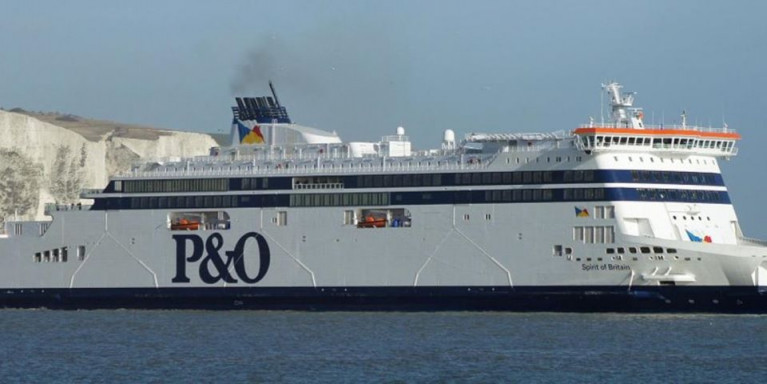Displaying items by tag: cheaper crew
Operator P&O Ferries Forced to Reverse Attempt at Pay Cut
Operator P&O Ferries has been forced to reverse an attempt to pay its new, cheaper agency workers even less money.
It comes after the RMT Union received reports of agency workers at Dover being asked to sign new contracts replacing their old ones on lower pay as BBC News previously covered.
The union reported P&O Ferries to the Maritime and Coastguard Agency, which ensured the new workers retained their original wages.
The company has been asked for comment but has so far not responded.
P&O Ferries sacked almost 800 employees last month and brought in cheaper agency workers on some of its boats, in a move it said would ensure the future of the business.
However, the National Union of Rail, Maritime and Transport Workers (RMT) said the firm was now "trying to bring in an exploitative model, with the lowest possible standards they can get away with".
RMT said that a seafarer on the Spirit of Britain (see story) at Dover had initially contacted the union begging for help in a dispute over pay.
In an email seen by the BBC the worker wrote: "They don't care about our rights. They try to give us less money. We are desperate."
Much more on the story, BBC News reports.
























































